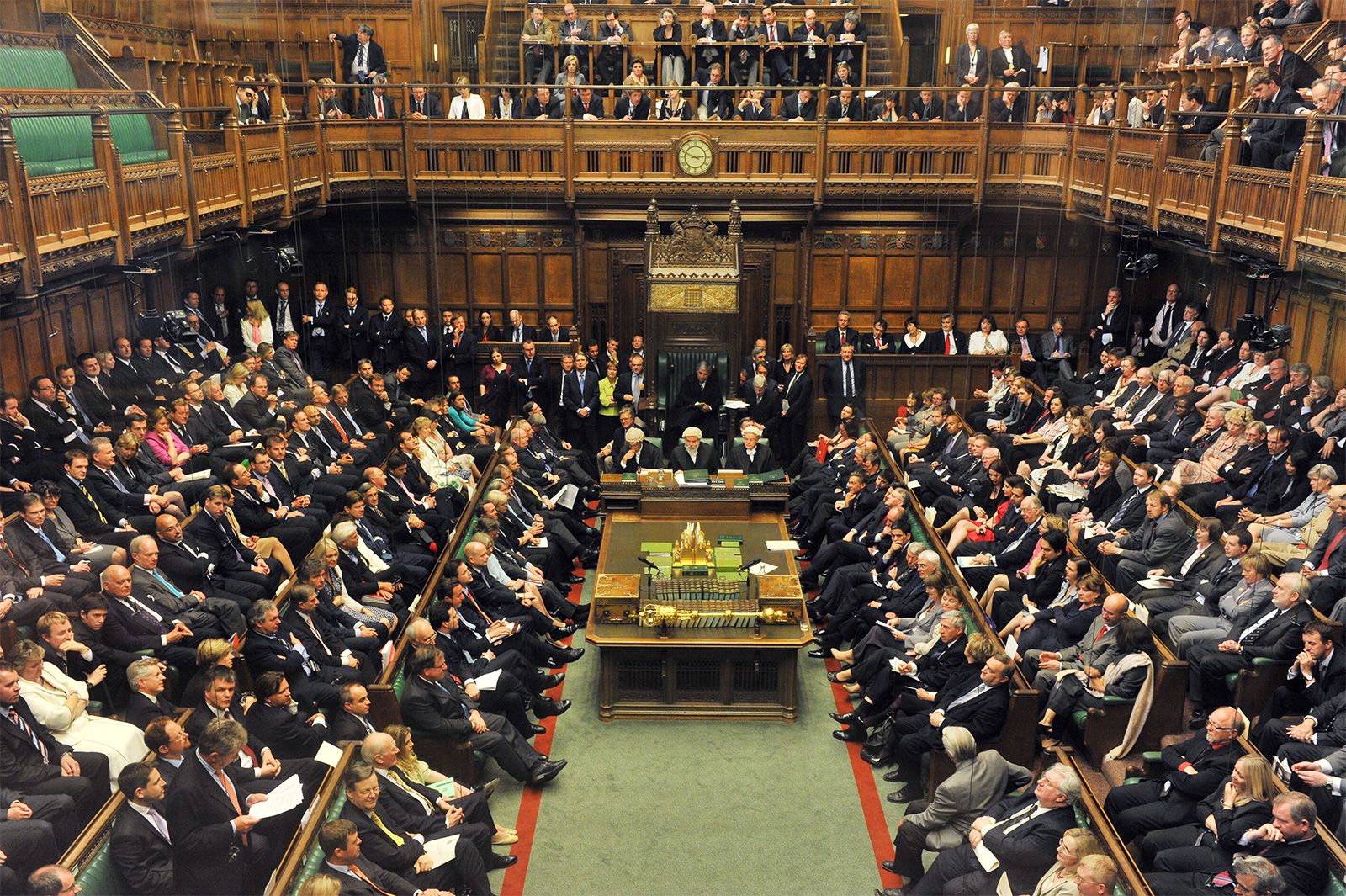The collective noun for a group of owls, “a parliament,” is an unusually evocative and anthropomorphic term. It sparks the imagination, conjuring images of these nocturnal raptors gathered in solemn assembly, deliberating on matters of grave import. The origins of this curious nomenclature are shrouded in a mixture of folklore, literary tradition, and the inherent mystique that surrounds these creatures.
To understand the genesis of “a parliament of owls,” it’s crucial to delve into the historical perception of owls themselves. Throughout much of Western culture, owls have been viewed with a blend of reverence and suspicion. On one hand, they were associated with wisdom, knowledge, and the ability to see in the dark—attributes that resonated with scholars and seers. The ancient Greeks, for example, venerated the owl as a symbol of Athena, the goddess of wisdom. This association cemented the owl’s place as an emblem of intellect and astute observation. This is only one part of their history.
Conversely, owls were also often linked to the darker aspects of the supernatural. Their nocturnal habits, haunting calls, and silent flight contributed to an aura of mystery and even dread. In some cultures, they were seen as harbingers of death or messengers from the underworld. This duality in perception – wisdom intertwined with foreboding – laid the foundation for the metaphorical association that would eventually give rise to the term “parliament.” It’s a complex picture.
The literary connection is arguably the most significant factor in solidifying the phrase “a parliament of owls.” Geoffrey Chaucer, the renowned English poet, is frequently credited with popularizing the term in his 14th-century allegorical poem, *The Parliament of Fowls*. In this work, Chaucer depicts a gathering of various bird species, each vying for the attention of a beautiful female eagle. The parliament is presided over by Nature herself, and the birds engage in elaborate debates and pronouncements about love and courtship. Within this avian assembly, the owl, acting as a symbol of wisdom and counsel, lends a degree of gravitas to the proceedings.
Chaucer’s influence on the English language and literary tradition cannot be overstated. *The Parliament of Fowls* was widely read and admired, and the image of birds engaging in parliamentary discourse undoubtedly resonated with audiences. The phrase “parliament of fowls” (and, by extension, “parliament of owls”) likely entered the popular lexicon as a whimsical yet evocative descriptor for a gathering of these birds. The alliterative appeal of “parliament of owls” further cemented its position in the collective consciousness.
The enduring appeal of “a parliament of owls” lies not only in its historical and literary roots but also in the inherent characteristics of owls themselves. Their solemn appearance, coupled with their perceived wisdom, makes them particularly well-suited to represent a gathering of lawmakers or deliberators. Imagine a cluster of owls perched on branches, their large, luminous eyes fixed in concentration, their heads swiveling as they listen intently. The image naturally lends itself to the idea of a serious and thoughtful discussion.
Furthermore, the inherent mystery and elusiveness of owls contribute to the intrigue surrounding the term. Owls are not commonly seen or heard, which adds to their mystique. The notion of a “parliament” suggests a secret, hidden world where these creatures gather to conduct their affairs, unseen and unheard by humans. This sense of exclusivity and hidden knowledge enhances the metaphorical power of the phrase.
In contemporary usage, “a parliament of owls” continues to be employed as a charming and evocative descriptor for a group of these birds. It appears in literature, nature writing, and even popular culture, serving as a reminder of the enduring power of language to shape our perceptions of the natural world. It also speaks to the importance of understanding the complex interplay between folklore, literature, and observation in the creation of meaning. It is a beautiful example.
The term transcends a simple label, becoming a window into how humans have historically perceived and interacted with the avian world. It speaks to our propensity for imbuing animals with human-like qualities and characteristics. “A parliament of owls” is more than just a collective noun; it’s a testament to the power of metaphor and the enduring allure of the natural world. Ultimately, it is a beautifully evocative phrase, perfectly encapsulating the mysterious charm and perceived sagacity of these magnificent creatures.
Therefore, the name isn’t random. The “parliament of owls” is a testament to our inherent desire to find meaning and narrative in the world around us, transforming a simple group of birds into a gathering of silent, watchful sages, forever engaged in their own mysterious deliberations. The term highlights the unique appeal, solidifying the owl’s position not just as a creature of the night, but also as a symbol of knowledge and hidden wisdom. This captivating image will likely persist for generations to come.
